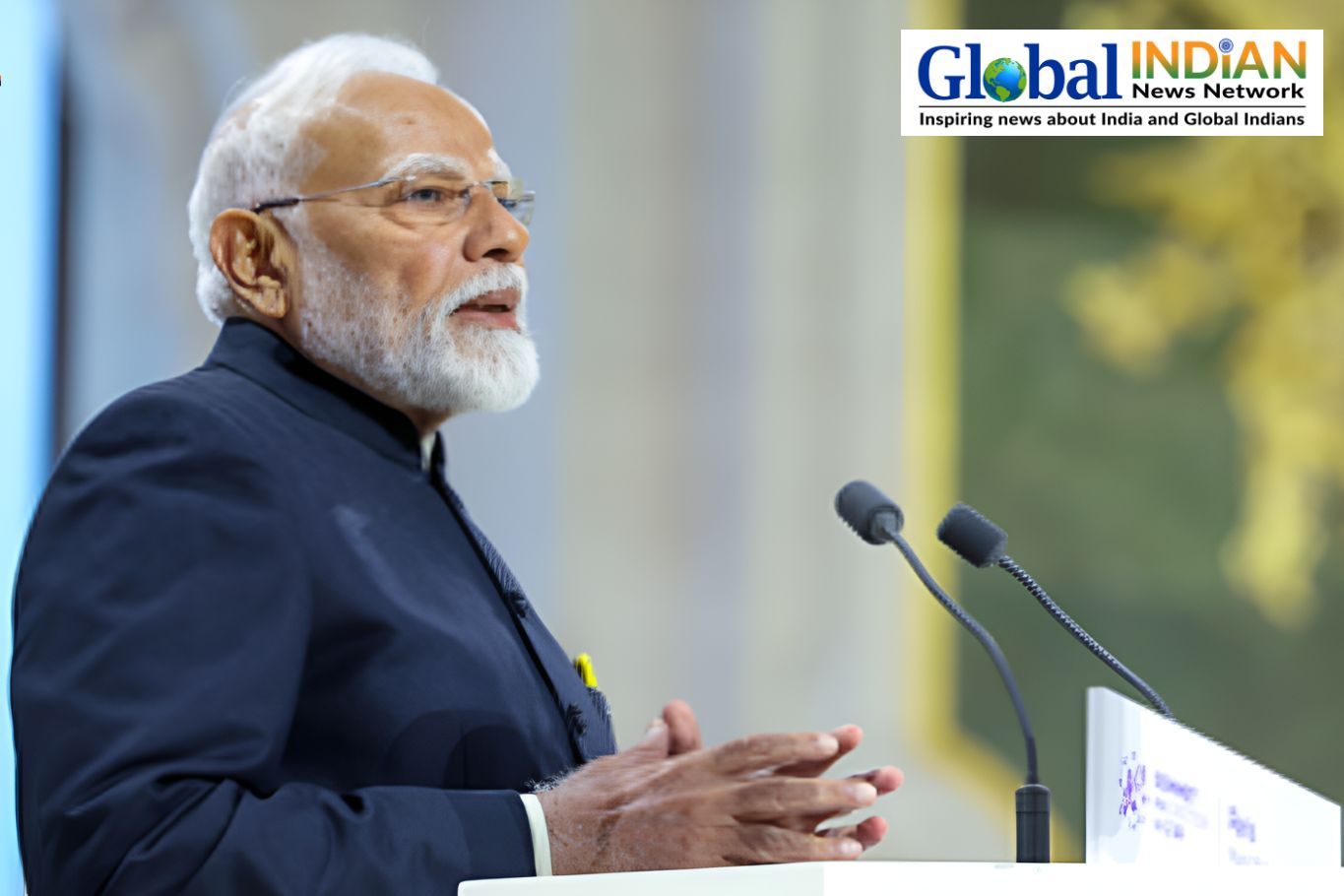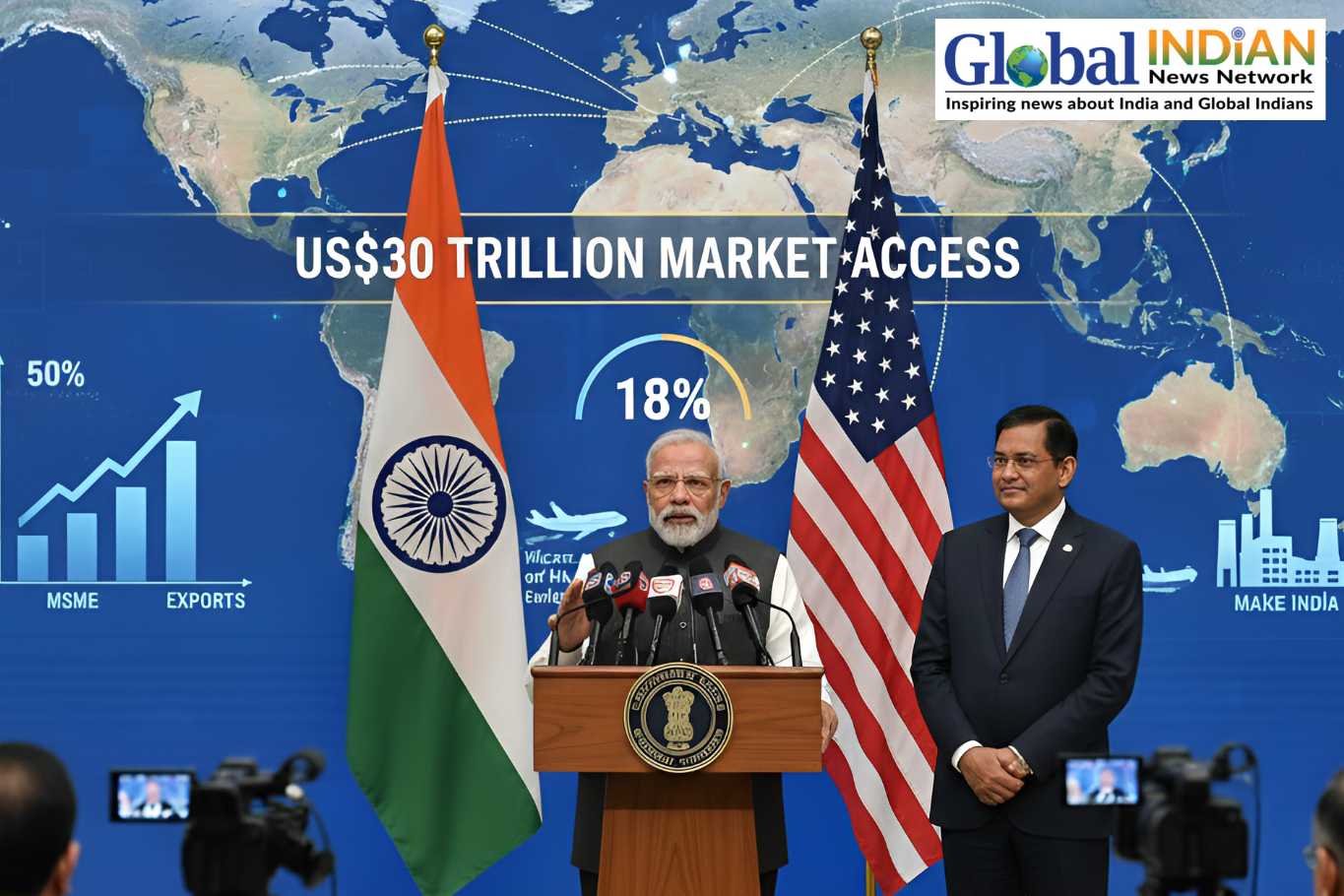
The retail landscape in India is experiencing a significant transformation, moving towards omnichannel experiences where online and offline platforms merge to cater to consumers’ diverse preferences. As per the Decoding Omnichannel report by Accel, Fireside Ventures, and Redseer Strategy Consultants, India’s retail sector is projected to surpass US$ 2.2 trillion by 2030, with a majority of sales occurring offline. Companies like Cult.fit, Urban Company, and Lenskart serve as examples of successful expansion through omnichannel approaches, blending traditional values with contemporary consumer behaviors. Mamaearth is another brand demonstrating this transition by shifting from online direct-to-consumer (D2C) sales to establishing a significant offline retail presence, accommodating varied consumer journeys that involve both digital and physical interactions.
Digital-native brands are leading the way in adopting omnichannel strategies, leveraging their innovation capabilities, data-driven marketing, and technological infrastructure to effectively utilize both online and offline channels. Kanwaljit Singh, founder and managing partner of Fireside Ventures, underscores the necessity of being “omniprepared for omnichannel,” acknowledging that each brand’s path will be unique and necessitate nuanced decisions regarding channel strategies based on product categories and consumer maturity. As Indian consumer brands evolve, the emphasis shifts from merely establishing online presence to seamlessly serving consumers across multiple touchpoints, illustrating a dynamic environment where omnichannel integration is crucial for success.









